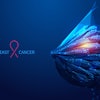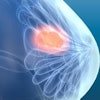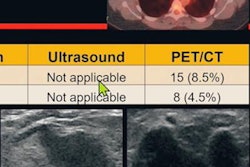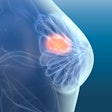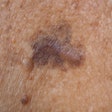Traditional triple-modality therapy for breast cancer also works for a rare form of the disease -- inflammatory breast cancer -- resulting in a 95.5% five-year survival rate with no local recurrence, according to a study presented at the American Society of Breast Surgeons (ASBrS) annual meeting in Las Vegas.
Inflammatory breast cancer is highly aggressive and represents only about 1% to 2% of all breast cancers diagnosed yearly in the U.S., according to researchers from MD Anderson Cancer Center in Houston. It does not usually present with a lump, but rather with redness, swelling, and dimpling of the breast skin.
Lead researcher Dr. Kelly Rosso and colleagues examined the effectiveness of therapy on 114 women with inflammatory breast cancer who were treated between 2007 and 2016. All were treated with chemotherapy prior to mastectomy and postsurgical radiation.
On post-treatment pathology reports, 113 patients had clear margins with no disease remaining at mastectomy tissue edges, the group found. Four women had close margins, with cancer close to but not touching their mastectomy edges, and one patient had positive final margins with cancer cells at the mastectomy surgical edge. The patient with positive margins had a recurrence in the axillary lymph nodes, but no patient with close margins had a recurrence.
"Research on inflammatory breast cancer is limited, and this study is important because local reappearance of the disease on the chest wall or in the lymph node basins is extremely difficult to treat," Russo said in a statement released by the ASBrS.


